Highlights
Director-General

News
The Status of Youth in Agrifood Systems: New FAO report shines light on pitfalls and prospects for 1.3 billion young people
As key agents of change, the current generation of young people must increase food production, replace an aging workforce, and adapt to increasing extreme climate events

News
Green Climate Fund approves a record $300 million for FAO-designed projects in Papua New Guinea, Saint Lucia and the Sahel
The initiatives focus on forestry management, fisheries transformation and land restoration

Director-General champions innovation and collaboration at 44th Session of the FAO Conference
QU Dongyu engaged in several side events, launched reports, inaugurated technical rooms, and held multiple bilateral meetings

Interactive story
Turning evidence into action
Discover how we evaluate our work toward transforming agrifood systems.

In Focus
Discover the enhanced FAO Transparency Portal
Explore new dashboards on programme, budget and HR, alongside updated project data, for deeper insights into how we work.

In Focus
FAO response to global food security challenges
Data analyses, policy recommendations, and actions on the ground.

Publication
The Status of Youth in Agrifood Systems
Find out how youth engage with, benefit from, and contribute to agrifood systems on a global scale.

In Focus
Globally Important Agricultural Heritage Systems
Explore striking agricultural systems around the world.

In Focus
Discover the FAO Museum and Network (MuNe)
Explore how this new global initiative brings together cultures, innovation and knowledge to highlight the power of agrifood systems in advancing sustainable development.
Director-General

Director-General champions innovation and collaboration at 44th Session of the FAO Conference
QU Dongyu engaged in several side events, launched reports, inaugurated technical rooms, and held multiple bilateral meetings
Join the conversation
Voices of Impact
Improving food production of livestock keepers in Syria
07/07/2025
In southern Syria, smallholder livestock producers are enhancing animal health and increasing productivity with FAO support. Watch the video to discover how farmers like Mayida and Abdul are improving milk yields and strengthening their livelihoods by using quality fodder and adopting better animal husbandry practices.
Video
FAO’s 80th anniversary
30/06/2025
Join us in shaping a year of global action to transform agrifood systems, leaving no one behind.
Podcast
FAO Brief – 7 July 2025
07/07/2025
In this episode of the FAO Brief: FAO scales up emergency seed distribution in Sudan; a new FAO report on the status of youth in agrifood systems; and FAO’s Conference held in Rome.
Data
FAO Food Price Index 2022-2025
2020 World
31.2%
2010 World
31.5%
In depth
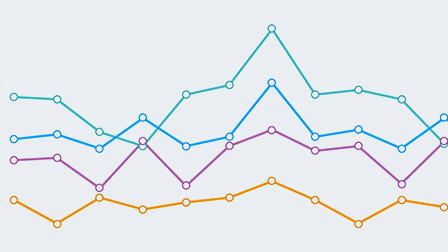
Statistics
FAOSTAT - Food and agriculture data
FAOSTAT provides free access to food and agriculture data for over 245 countries and territories and covers all FAO regional groupings from 1961 to the most recent year available.
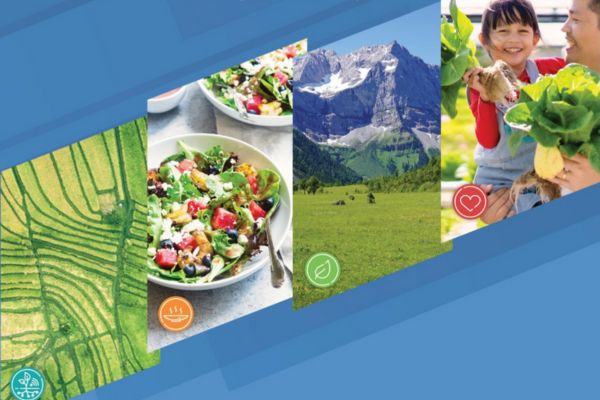
Publication
Medium Term Plan and Programme of Work
The Director-General’s Medium Term Plan 2026-29 and Programme of Work and Budget 2026-27.
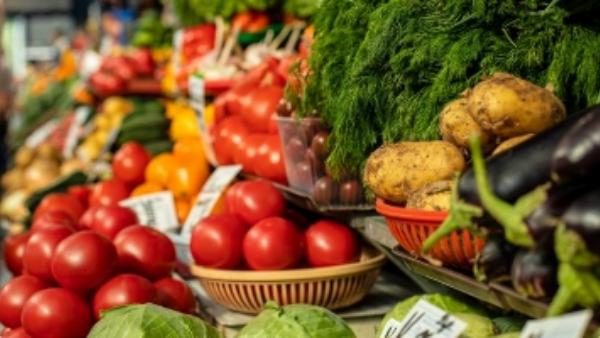
In Focus
FAO Data Lab
The FAO Data Lab for Statistical Innovation modernizes the statistical business process, with a specific focus on emergency contexts, when having access to timely information is very important.
FAO and the SDGs
Hover the mouse over an SDG icon for more information
A world free from hunger and malnutrition where food and agriculture contributes to improving the living standards of all
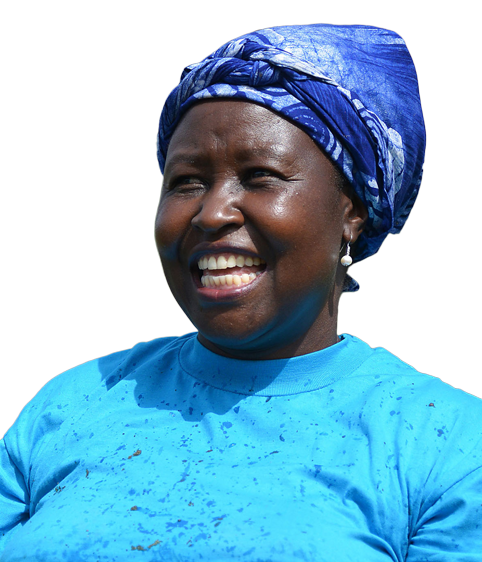
FAO works with governments and partners to empower some of the world’s most marginalized people to end rural poverty.

FAO helps ensure food security by developing ways of growing food that will work in the future so that millions of people don’t go hungry.

Good health starts with nutrition. FAO sets global standards and works with governments and the private sector to ensure food quality and safety throughout the food chain.

FAO invests in educational systems for rural communities and supports improved access to primary education and school meals in order to create equal opportunities for all and chances of lifelong learning.

FAO supports gender equality in the agricultural sector in an effort to raise levels of nutrition in local communities and improve agricultural productivity.
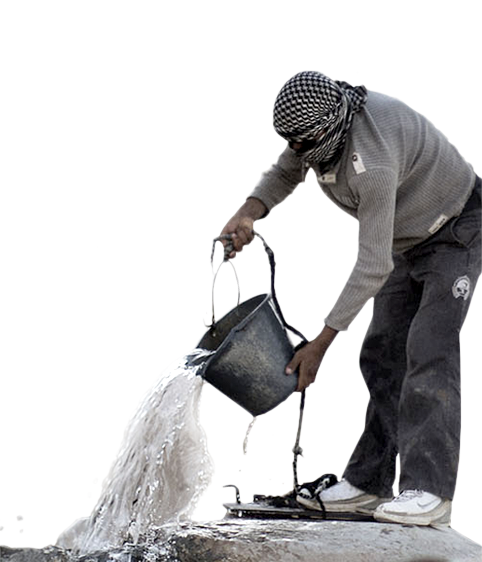
FAO works with governments to ensure water use in agriculture is made more efficient, equitable and environmentally friendly.
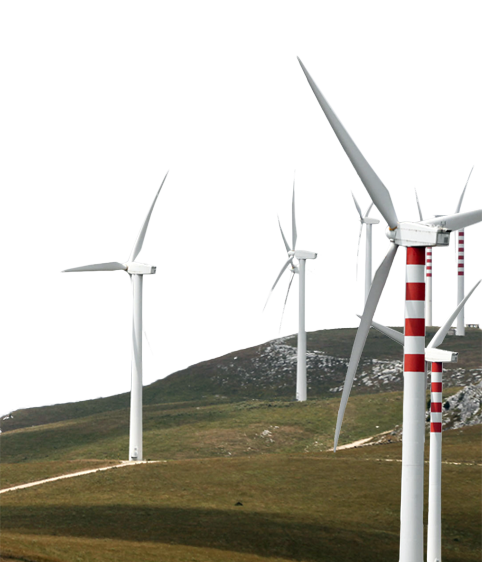
FAO promotes the use of renewable energies and works to ensure access to modern energy services across the food chain.
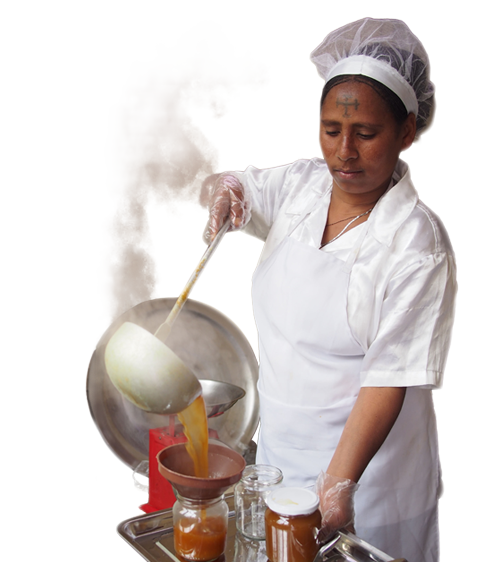
FAO seeks better economic opportunities for all by investing in sustainable agricultural practices and food systems that reduce inequalities and create decent jobs.
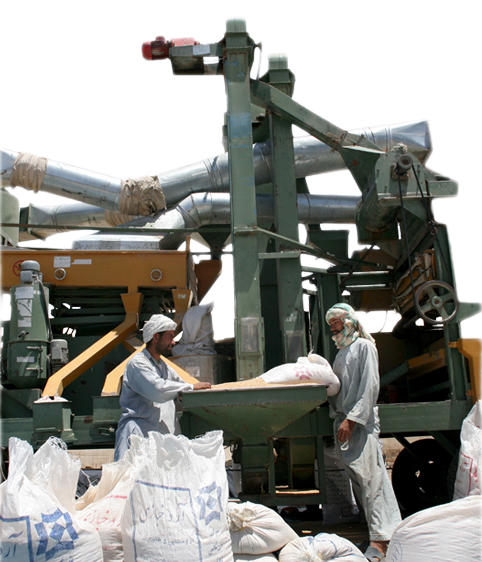
FAO seeks to secure a future for rural communities via investments in transportation, irrigation, food storage facilities and communication technologies.

FAO works with countries and partners to generate employment in rural areas, ensure access to natural resources for the most vulnerable and connect farmers to markets.

FAO works to improve urban healthcare, water quality and rethink city region food systems to help deter the negative effects of sprawling urbanisation.
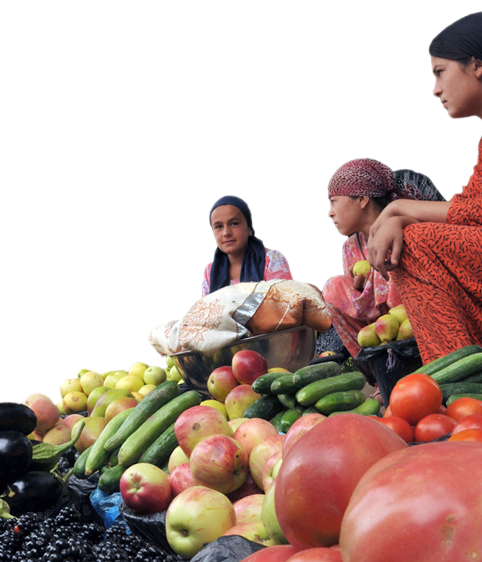
FAO coordinates major global initiatives and projects to tackle food waste and loss, partnering with international organisations, the private sector and civil society.
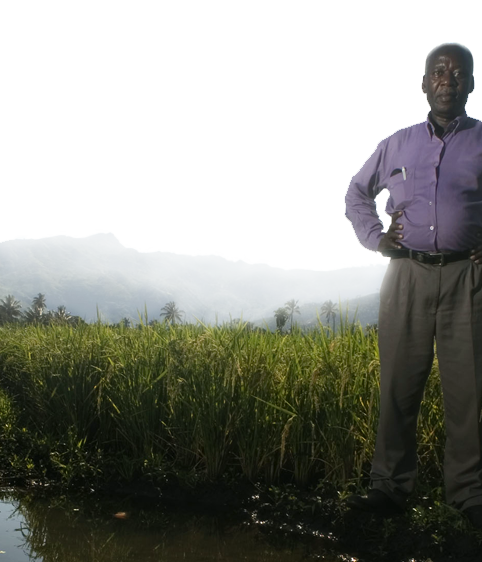
FAO supports countries in responding to the threats of climate change by providing advice, data and tools for better agricultural policies and practices.
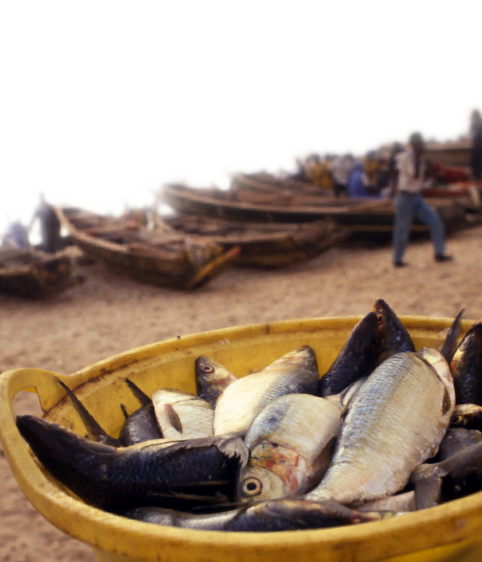
FAO, in partnership with governments and fishing communities, implements best practices in fisheries to ensure our oceans are protected as a means of livelihoods.
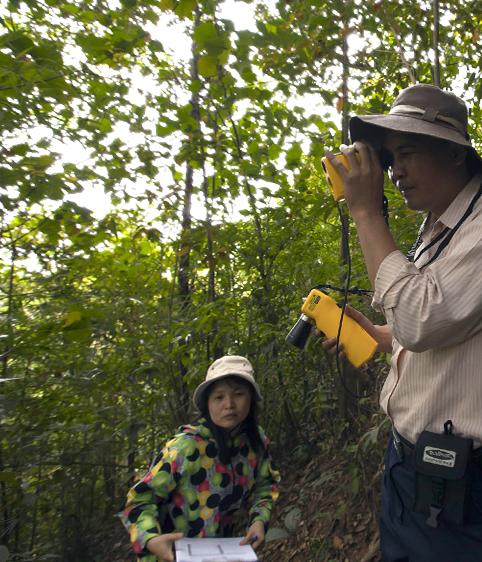
FAO promotes sustainable approaches to natural resource management and supports endeavours that promote a balance between conservation and development initiatives.
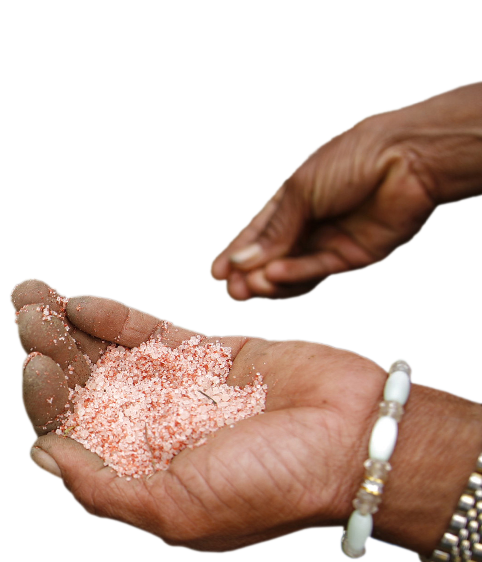
FAO plays a critical role in peacebuilding, restoring rural livelihoods, building resilience and participatory approaches to policymaking.
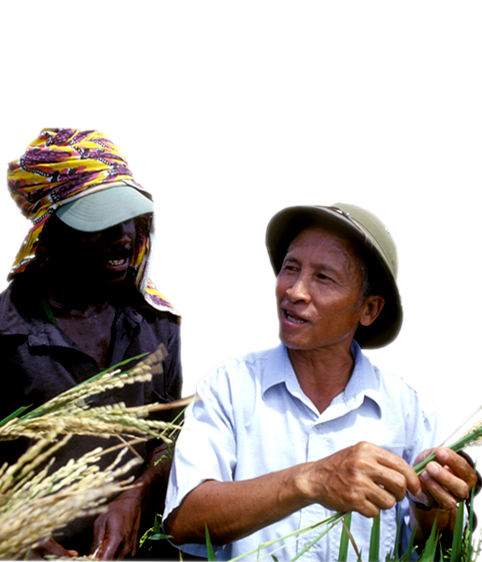
FAO acts as a neutral policymaking forum and develops partnerships with all concerned with food and agriculture to ensure a world free from hunger.


















Globally Important Agricultural Heritage Systems.
BLOG
Innovative financing and Papua New Guinea: reducing forest emissions
As the first small island developing state to receive a REDD+ payment from the Green Climate Fund, Papua New Guinea is being recognised for halting deforestation



